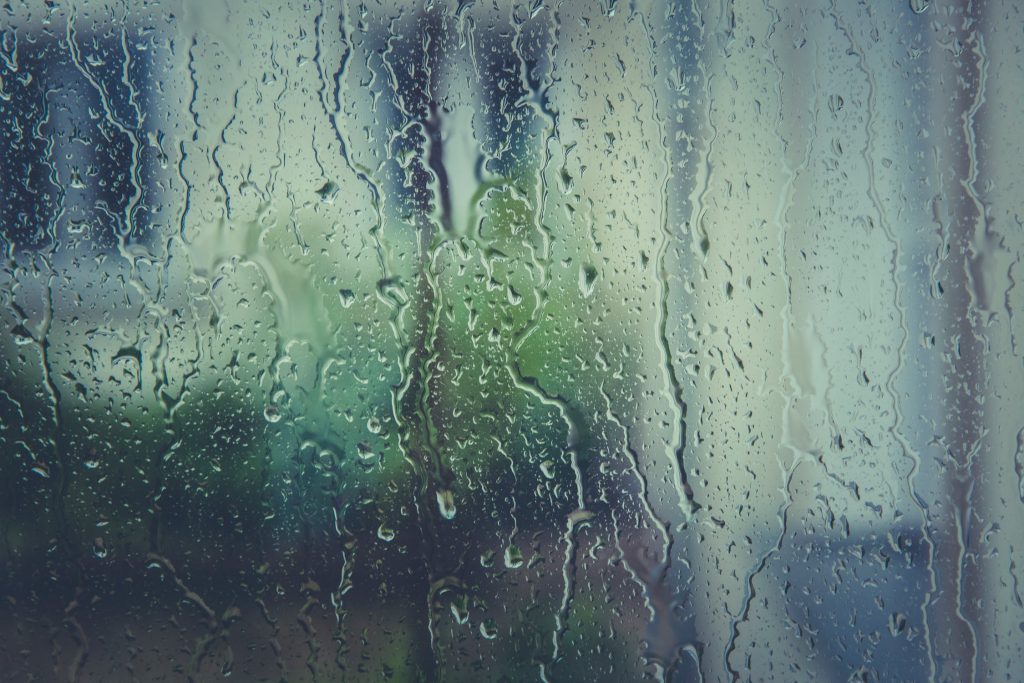
Cabo Verde received its name due to its bountiful and beautiful greenery. However, the effects of climate change have resulted in the country having shorter raining periods that begin later, so Cabo Verde is not as green as it once was. This has resulted in people using up excess water which depletes freshwater used for irrigation and agriculture. As a result, the economy and gross domestic product have suffered.
The chatter about the lack of rain was apparent as soon as I arrived in Praia, and I was surprised to hear that it has been two years since the island of Santiago has received rainfall. I was even more surprised when I stepped into the market to see arrays of fruits and vegetables because the drastic need for water in agriculture became crystal clear. Although the chatter and images of the market astonished me, it wasn’t until our bus pulled off the side of the road for a detour that I was the most stunned. Our tour guide was very adamant about showing us a dam built in conjunction with a Chinese company. He mentioned that it was a great spot for couples on picnics, bird watchers enjoying nature, and animals in need of a water hole.
As he spoke about the uniqueness of the dam, I truly saw how one-of-a-kind it was when he pointed to the lack of water. It was a completely dry. Gazing down at the pit full of cracks, I realized that this was the first physical impact of global climate change that I had seen in real life. I reflected on how the United States’ abuse of natural resources caused Cabo Verde and countries like it to suffer. As a United States citizen, I thought about my part in all of this. At home, I turn of the water to brush my teeth, but how else could I conserve? Even outside of the United States, I considered how my privilege manifested itself. One noticeable example is how the area of Praia I am staying in has running, hot water. However, in the morning when we arrive at Lem Cachorro, a youth center in a different part of Praia with limited resources, children shower without these luxuries. There were countless examples of the disparities between my use of resources in both Cabo Verde and in the United States, and the use of resources by Cape Verdeans.
After this experience, I began and have continued to think a lot about environmental accountability and its long-term impacts on countries depleting significantly less resources. As a public policy major, I would definitely be more interested in becoming more informed about global climate change policy and working to form equitable policies for countries around the world.
